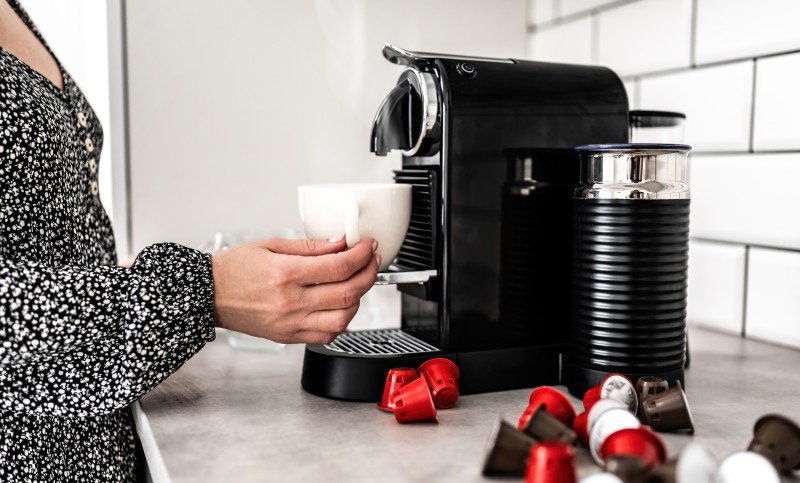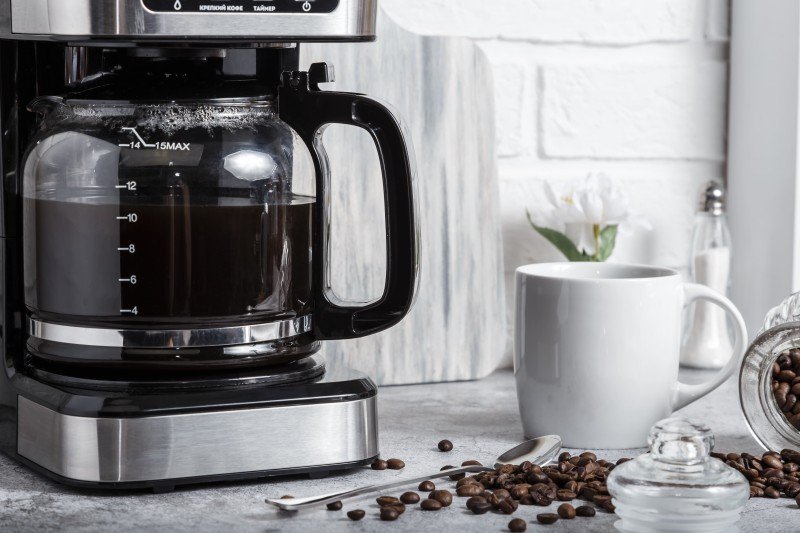In a world where coffee serves as the morning elixir for many, the impact of this beloved beverage on health, specifically on blood pressure, has sparked numerous debates. The question often arises, "Will coffee elevate blood pressure?" This article delves into the relationship between coffee consumption and blood pressure, exploring the various factors that influence this connection.
What is Blood Pressure?
Blood pressure is the force exerted by the blood against the walls of the blood vessels as it is pumped around the body by the heart. It is essential for the circulation of oxygen and nutrients to various organs and tissues. Blood pressure is typically recorded as two numbers: systolic pressure (the top number) and diastolic pressure (the bottom number), measured in millimeters of mercury (mmHg). An optimal blood pressure reading is generally considered to be around 120/80 mmHg.
Effects of Coffee on Blood Pressure
The relationship between coffee consumption and blood pressure has been a topic of interest for researchers and health professionals. While some studies suggest that coffee can temporarily raise blood pressure, especially in those who are not regular coffee drinkers, the long-term effects remain debated. Caffeine, a key component of coffee, is known to stimulate the nervous system, leading to increased heart rate and the constriction of blood vessels, which can result in a temporary spike in blood pressure. However, the extent of this effect may vary depending on individual factors such as genetics, tolerance to caffeine, and overall health status.
Caffeine Content in Coffee
Caffeine is a natural stimulant found in coffee, tea, and various other beverages and foods. In coffee, the caffeine content can vary depending on the type of coffee bean, the brewing method, and the serving size. On average, a standard 8-ounce cup of coffee contains around 95 milligrams of caffeine. It's important to note that different coffee drinks, such as espresso, cold brew, or specialty coffees, may have higher caffeine content than a regular brewed cup of coffee. Additionally, factors like the roast level of the beans and the brewing time can also impact the caffeine concentration in the final drink.
Research Studies on Coffee and Blood Pressure
Numerous studies have been conducted to investigate the relationship between coffee consumption and blood pressure. While some research suggests that habitual coffee drinkers may develop a tolerance to the acute effects of caffeine on blood pressure, others have found a potential link between high coffee consumption and hypertension. A study published in the American Journal of Clinical Nutrition indicated that individuals who consumed more than five cups of coffee per day had a higher risk of developing hypertension compared to non-coffee drinkers. However, it is essential to consider that individual variations, lifestyle factors, and overall diet can influence these results.
Factors Affecting the Impact of Coffee on Blood Pressure
Several factors can influence how coffee affects an individual's blood pressure:
- Genetics: Genetic factors play a significant role in how the body metabolizes caffeine. Some people may be more sensitive to the effects of caffeine on blood pressure due to genetic variations.
- Caffeine Tolerance: Regular coffee drinkers may develop a tolerance to the pressor effects of caffeine over time. This means that their blood pressure may not be as significantly impacted by coffee consumption compared to non-regular coffee drinkers.
- Overall Health: Individuals with underlying health conditions, such as hypertension or cardiovascular disease, may be more susceptible to the effects of caffeine on blood pressure. It is essential for such individuals to monitor their coffee intake and consult with healthcare providers.
- Lifestyle Habits: Factors like smoking, alcohol consumption, physical activity levels, and dietary patterns can interact with the effects of coffee on blood pressure. A holistic approach to health, including proper diet and exercise, is crucial in managing blood pressure.
Healthy Coffee Consumption Habits
While the impact of coffee on blood pressure may vary among individuals, adopting healthy coffee consumption habits can help mitigate any potential risks:
- Moderation: Enjoying coffee in moderation is key to managing its effects on blood pressure. Limiting consumption to 1-2 cups per day is generally considered safe for most individuals.
- Timing: The timing of coffee consumption can influence its impact on blood pressure. Avoiding coffee before activities that may already elevate blood pressure, such as intense workouts or stressful meetings, can be beneficial.
- Hydration: Coffee is a diuretic, meaning it can increase fluid loss through urine. Staying hydrated by drinking water alongside coffee can help maintain overall hydration levels and potentially lessen the effects on blood pressure.
- Decaffeinated Options: For individuals who are sensitive to caffeine or have high blood pressure, opting for decaffeinated coffee or other herbal alternatives can provide the flavor without the stimulant effects.
Alternative Options to Coffee
For individuals looking to reduce their caffeine intake or explore alternative beverages, several options can satisfy the taste buds without impacting blood pressure:
- Herbal Teas: Herbal teas like chamomile, peppermint, or rooibos offer a soothing and caffeine-free alternative to coffee.
- Green Tea: Green tea contains less caffeine than coffee and is rich in antioxidants, offering a gentle energy boost without causing significant spikes in blood pressure.
- Matcha: Matcha, a powdered form of green tea, provides a more sustained release of caffeine compared to coffee, resulting in a milder effect on blood pressure.
- Golden Milk: This turmeric-based drink made with milk and spices like cinnamon and ginger not only tastes delicious but also offers anti-inflammatory properties.
FAQs
1. Does coffee always elevate blood pressure?
While coffee can lead to a temporary increase in blood pressure, especially in individuals who are not regular coffee drinkers, the long-term effects are still debated. Regular coffee drinkers may develop a tolerance to the acute effects of caffeine on blood pressure.
2. How does caffeine impact blood pressure levels?
Caffeine stimulates the nervous system, leading to increased heart rate and the constriction of blood vessels, which can result in a temporary spike in blood pressure.
3. Can decaffeinated coffee still raise blood pressure?
While decaffeinated coffee contains significantly less caffeine than regular coffee, it may still have a minor impact on blood pressure due to other compounds present in the beverage.
4. Are there any health benefits to drinking coffee?
Coffee is rich in antioxidants and has been associated with various health benefits, including improved cognitive function, increased metabolism, and a reduced risk of certain diseases like Parkinson's and Alzheimer's.
5. How can one mitigate the effects of coffee on blood pressure?
Adopting healthy coffee consumption habits such as moderation, timing, hydration, and exploring decaffeinated options can help mitigate the potential impact of coffee on blood pressure.
6. Should individuals with hypertension avoid coffee altogether?
Individuals with hypertension should monitor their coffee intake and consult with healthcare providers to determine the appropriate level of consumption based on their overall health status.
Summary
The relationship between coffee consumption and blood pressure is multifaceted, influenced by individual factors, lifestyle habits, and overall health status. While coffee can lead to a temporary elevation in blood pressure, especially in non-regular coffee drinkers, adopting healthy consumption habits and exploring alternative options can help mitigate any potential risks. It is essential for individuals to listen to their bodies, monitor their blood pressure levels, and make informed choices about their coffee intake to maintain overall health and well-being. Remember, moderation is key when it comes to enjoying your favorite cup of coffee without compromising your blood pressure levels.







